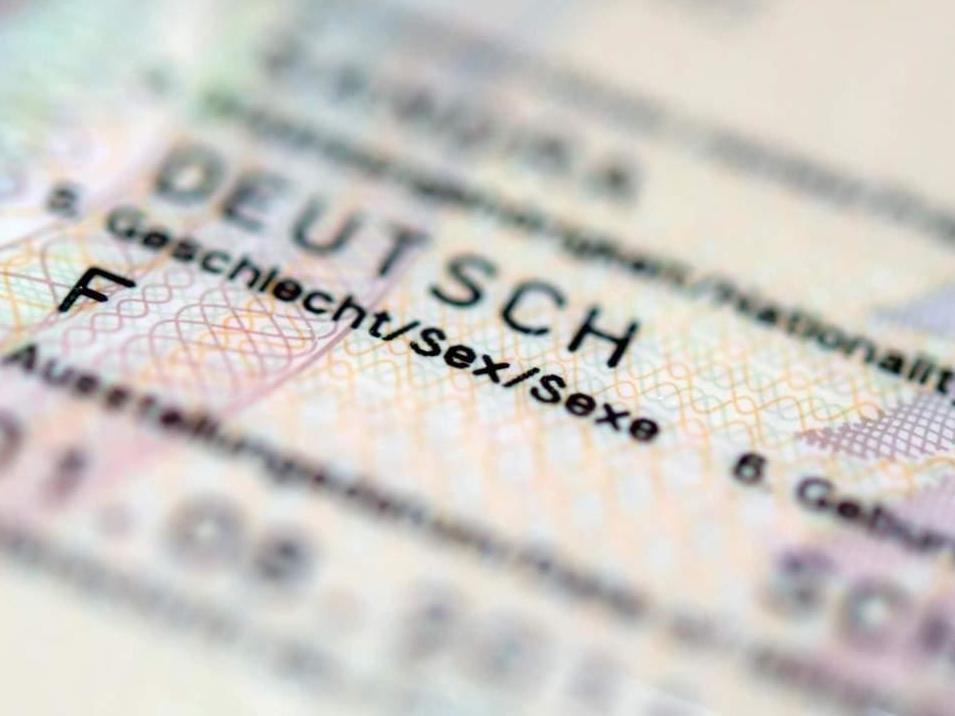Germany introduces third gender for people who identify as intersex
People who do not fit biological definition of male or female can now choose category 'diverse' on official documents

Your support helps us to tell the story
From reproductive rights to climate change to Big Tech, The Independent is on the ground when the story is developing. Whether it's investigating the financials of Elon Musk's pro-Trump PAC or producing our latest documentary, 'The A Word', which shines a light on the American women fighting for reproductive rights, we know how important it is to parse out the facts from the messaging.
At such a critical moment in US history, we need reporters on the ground. Your donation allows us to keep sending journalists to speak to both sides of the story.
The Independent is trusted by Americans across the entire political spectrum. And unlike many other quality news outlets, we choose not to lock Americans out of our reporting and analysis with paywalls. We believe quality journalism should be available to everyone, paid for by those who can afford it.
Your support makes all the difference.Germany has introduced a third gender option on official documents which allows people to be registered as “intersex”.
Under a new law, which was adopted at the end of December, people who do not fit the biological definition of male or female can now choose the category "diverse" on official documents.
The only alternative option for those who considered themselves neither man or woman was to leave the gender entry blank until now.
Those choosing the option of intersex will need a doctor's certificate to register.
Intersex people are born with both male and female sex characteristics which can either appear at birth or later in life.
The UN says up to 1.7 per cent of the world's population are born with intersex traits which is around the same number of individuals with red hair.
The arrival of the new category comes after the country’s Federal Constitutional Court called on the government last November to pass legislation to either introduce a third category or dispense with gender altogether in official documents. This includes birth certificates, driving licences and other documents.
The ruling followed a court appeal brought by an intersex adult and said courts and state authorities should no longer force intersex people to pick between identifying as male or female.
However, LGBT+ campaigners have argued the new measures fail to go far enough and have called for new laws to make it easier for people who do not identify with the gender they were born with to change it on official documents.
Other countries have approved laws to help recognise intersex people in recent years – with Austria's constitutional court making a similar ruling to Germany's in June. India, Australia, New Zealand, Malta, and Canada have all passed measures to redress issues facing intersex citizens.
In 2013, Germany became the first European country to recognise indeterminate sex by permitting babies born with no clear gender-determining anatomy to be put on the birth register without a male or female classification.
The new law has been called a "small revolution" by activists.
"We are completely overwhelmed and speechless. That borders on a small revolution in gender,” Dritte Option group, who have campaigned for the new measures, tweeted. "Thank you for your support over the last few years!"
While Germany's parliament approved the law change last month, it only came into effect on 1 January.
Join our commenting forum
Join thought-provoking conversations, follow other Independent readers and see their replies
Comments